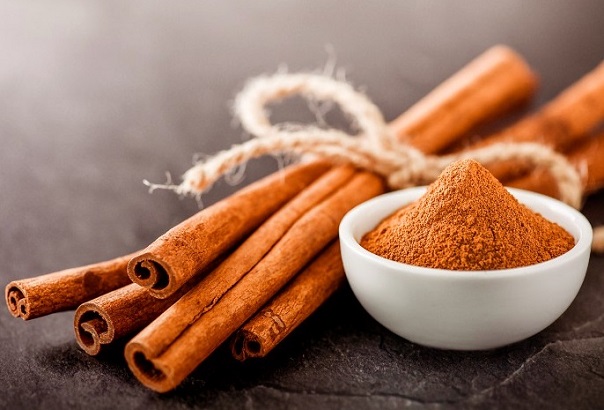Amide Derivates from the Phytochemical Cinnamic Acid Shows Hope Against Dengue Virus
Nikhil Prasad Fact checked by:Thailand Medical News Team Jul 17, 2025 7 months, 1 week, 23 hours, 19 minutes ago
Thailand Medical News: Breakthrough from Mexican Researchers
A team of researchers from the Universidad Nacional Autónoma de México (UNAM) has discovered a promising new compound that may help in the fight against dengue virus. The scientists focused on LQM778, a specially designed amide molecule derived from cinnamic acid, a natural substance found in cinnamon and other plants. The research involved detailed computer-based studies to predict how this compound interacts with the dengue virus.
 Amide derivates of Cinnamic Acid from Cinnamon holds promise in the fight against Dengue
Amide derivates of Cinnamic Acid from Cinnamon holds promise in the fight against Dengue
Dengue fever, a mosquito-borne illness common in tropical and subtropical regions, still has no approved antiviral treatment. This
Thailand Medical News report highlights how the researchers used molecular docking and dynamics simulations to explore how LQM778 binds to the virus’s envelope (E) protein—a key part of the virus that allows it to enter human cells and replicate.
Targeting the Virus with Precision
The scientists modeled the E protein from all four major types of dengue virus. They identified a specific pocket in the protein structure known as the “β-OG pocket.” This pocket is crucial for the virus's function and considered a good spot to target with drugs. By simulating how LQM778 fits into this pocket, they observed strong and stable binding interactions, especially hydrogen bonds with key amino acids in the virus.
Notably, the compound showed two possible orientations when it bound to the virus, with one—called the "CF3-up" position—proving to be the most stable. This mode helps hold the viral protein in an open state, which may prevent the virus from completing the process needed to infect human cells.
Strong Results from Dynamic Simulations
The researchers didn’t stop at docking studies. They also ran extensive simulations that mimicked real-life conditions inside the body. These simulations showed that LQM778 stays firmly lodged in the viral protein's pocket for extended periods, without causing structural damage to the protein itself. The compound formed stable hydrogen bonds and displayed excellent chemical properties, making it an ideal candidate for further testing.
What makes LQM778 even more promising is its ease of synthesis. The team developed a straightforward two-step method to produce it in the lab, using accessible ingredients and processes. This makes it a good option for large-scale production, especially for use in low-resource settings where dengue outbreaks are frequent.
Why This Research Matters
LQM778 may offer a highly targeted way to block dengue virus replication by interfering with a critical stage in the infection process. Unlike general antiviral drugs that may affect heal
thy human cells, LQM778 specifically disrupts the virus’s entry point, reducing potential side effects.
Although further laboratory and clinical studies are necessary, the findings mark an exciting step toward developing an actual antiviral drug for dengue. With its simple production process and strong performance in molecular testing, LQM778 could one day become a frontline treatment for this growing public health threat.
The study findings were published in the peer reviewed journal: ChemistryOpen
https://chemistry-europe.onlinelibrary.wiley.com/doi/10.1002/open.202500107
For the latest on Dengue, keep on logging to
Thailand Medical News.
Read Also:
https://www.thailandmedical.news/news/thailand-doctors-discover-potent-dengue-fighting-phytochemical-from-local-herbal-plant
https://www.thailandmedical.news/news/daidzin-from-soybean-shows-potential-in-fighting-dengue-virus
https://www.thailandmedical.news/news/carica-papaya-leaf-extract-for-dengue-treatment
https://www.thailandmedical.news/articles/dengue-news
